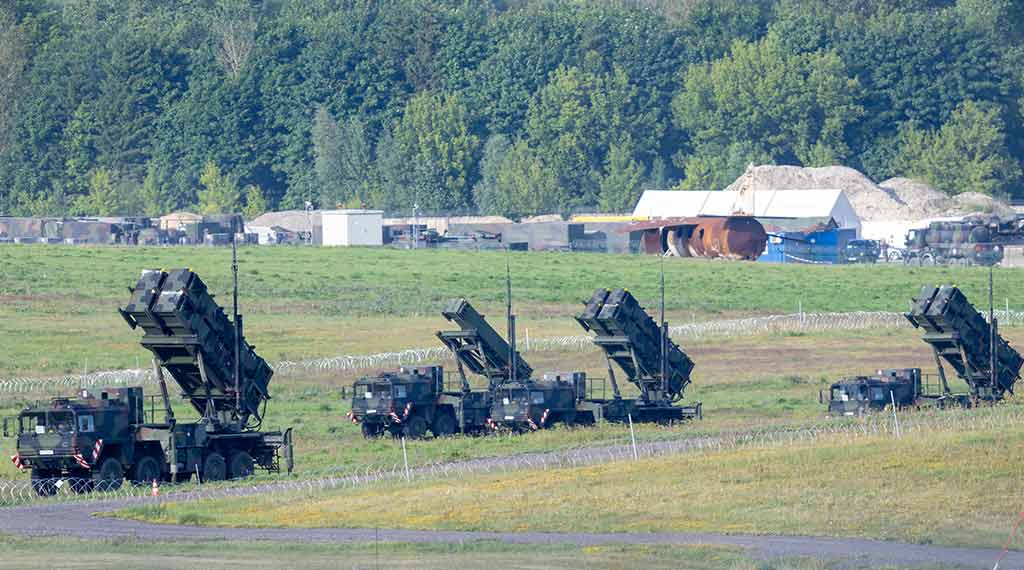
While Europe is in the process of setting up a production line to manufacture GEM-T missiles for European Patriot batteries, Israel has decided to take its Patriot systems out of service. Do the Israelis know something the Europeans do not?
The GEM-T, or guidance-enhanced tactical missiles, are part of the Patriot PAC-2 air defense system. This missile can intercept aircraft, drones, helicopters and some tactical missiles. It may be able to hit glide bombs like the ones being used by the Russians in Ukraine.
GEM-T uses a blast fragmentation warhead and the plus version features an improved fuse to more effectively engage threats.
GEM-T has a range of 70 km (43.5 miles) and can make intercepts at a height up to 24 km (15 miles).
In the recent Iranian attack against Israel, Israeli Patriot batteries are credited with nine shootdowns. Israel has not specified what was intercepted.
Israel got its original Patriot batteries in 1991. The systems, called Yahalom in Hebrew, are operated by Israel’s 138th Battalion. The systems have been modified over the years.
Since 2022 European countries have been ordering GEM-2 interceptors, initially from Raytheon (now called RTX). Recently an existing joint venture called COMLOG, half owned by RTX and the other half by MBDA, is investing in starting a new production line for GEM-T interceptors, mainly in Germany.
The initial customers will be Romania, Netherlands, Spain and Germany. The four customers will purchase up to 1,000 missiles from this source and additional missiles from the United States. RTX currently produces around 20 missiles per month and is ramping up to 30 per month by 2027. Even with COMLOG, it will take years to fulfill the missile orders.
There are at least four other European customers for GEM-2, including Italy, and many foreign customers including Korea, Japan, Saudi Arabia and the UAE.
Patriot systems can be roughly divided into two types, PAC-2 and PAC-3, although some PAC-2 Patriot systems have been upgraded so they can fire PAC 3 interceptors.
In 2011 Israel announced it was upgrading its PAC-2 launchers to support PAC-3 interceptors. It is not clear if these upgrades took place, as Israel’s home-built air defense systems were given priority.
- Trump and Ukraine: what Russia wants, what Trump could do - November 8, 2024
- North Korean troops in Kursk could backfire on Moscow, Pyongyang - November 1, 2024
- Secure enclaves: bad CHIPS Act idea wasting billions - August 12, 2024
